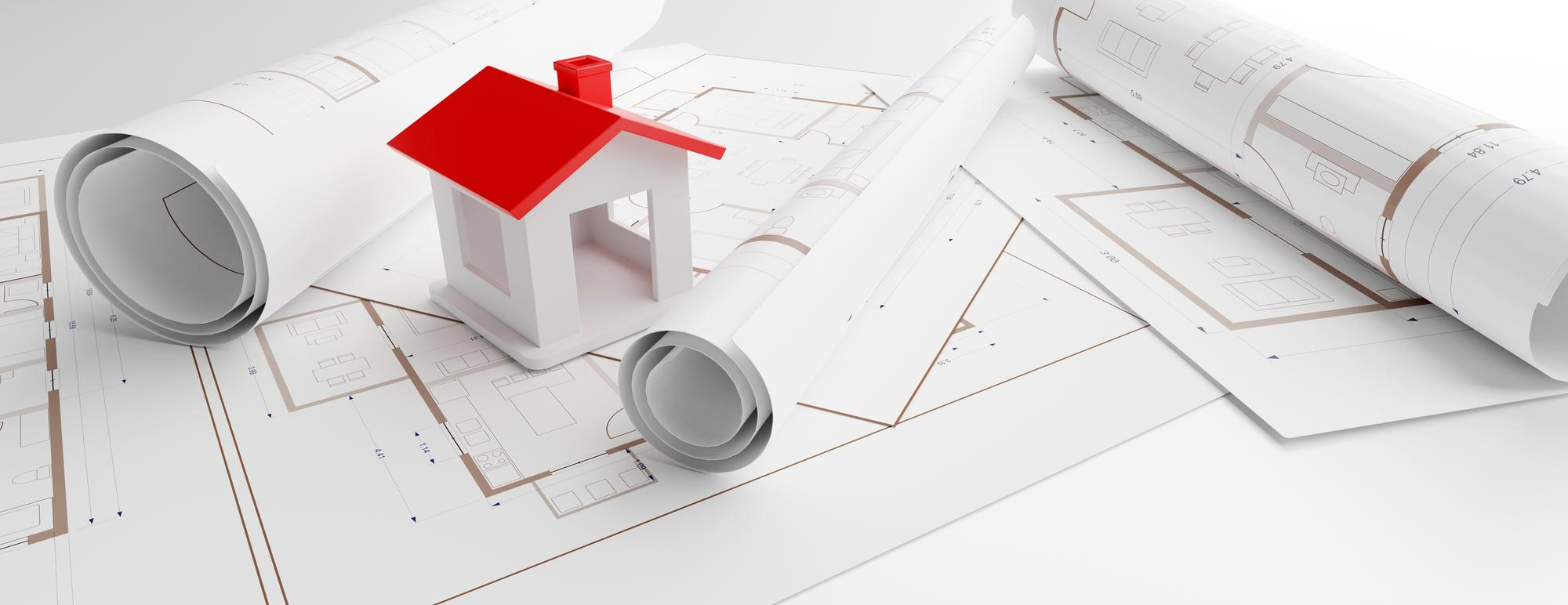Taking on a property development project is always a significant investment. Partnering with the wrong developer can lead to frustration at best, and an overrun budget with subpar results at worst. The key to finding the right property developer is looking for trust signals that demonstrate their competence and integrity.
Here, we’ll discuss the critical trust signals to look for when hiring a property developer, from finding a knowledgeable candidate with the right academic background, to understanding what makes a transparent payment schedule.

Demonstrable Expertise and Credentials
Peace of mind comes from knowing your developer has proven knowledge and formal recognition within the industry.
Advanced, Relevant Education
Continued professional education is evidence that a property developer is committed to keeping up with an evolving landscape. The advanced knowledge gained from studying a Master of Property Development or undergoing continuous training includes financial budgeting, risk management, and strategic asset creation. All of this academic grounding helps developers anticipate problems and discover solutions long before they become a costlier, higher-risk issue.
Professional Licences and Insurance

Note: There is no universally recognised, mandatory licence to become a property developer. Requirements vary by state in Australia. However, developers may need different licences for separate parts of their work. For example, if a developer plans to be directly involved in construction or renovation, they will need to acquire a builder’s licence. If they intend to sell properties, a real estate agent’s licence is required.
A property developer should also hold insurance that covers financial expenditure during property construction, materials used, protection from loss due to damage or theft, and any public liability claims against their business. If a developer hesitates to provide evidence of their insurance, walk away immediately.
Another key trust signal is professional membership in industry bodies or associations. These memberships show a commitment to staying informed about industry standards, ethics, and best practices. Being part of a professional network also allows developers to access training, mentorship, and support, which ultimately benefits the quality and reliability of their projects.
Strong and Transparent Portfolio
Anyone can have big ideas, but execution is a whole other thing entirely. As such, a good property developer should be able to show you a variety of well-executed, completed projects, ideally projects similar in scale and style to yours. In short, their property portfolio is proof that this property developer can deliver a successfully finished product.
Look for developers who can clearly explain the lessons learnt from past projects, including challenges faced and how they were overcome. This transparency shows accountability and problem-solving skills. Developers who can talk about both their successes and setbacks show professionalism, which you can take as an additional reassurance that your project will be handled competently.

Financial Transparency and Stability
Trustworthy developers protect your investment by operating with financial transparency and stability. You should be able to expect clear, detailed budgets, an outline of all costs upfront, and honest communication about any changes.
A Clear, Detailed, Fixed-Price Contract
A good property developer will present you with contracts that itemise expected costs, clearly define the project scope, and have upfront payment schedules. There should be no vague estimates or surprise fees. This clarity helps prevent disputes down the line. Alongside this, the ability to provide detailed contracts shows that a developer is confident in their work, construction costs, and project management skills, making them a great option in the hiring process.
Proof of Financial Stability

Tip: You should also look into the financial health of potential property developers. It’s a standard business practice to ask for references to ensure the developer can finish a project.
Their financial capacity, in addition to their insurance, can make or break your build. So, if a developer has a good relationship with their bank, pays their suppliers on time, can verify their payment history, and is fully insured, it’s a good sign that they can handle your project.
To add to this, ask potential developers about their team structure and the subcontractors they work with regularly. A strong, reliable network indicates financial stability and experience in managing complex projects. Developers who maintain long-term relationships with trusted subcontractors reduce the risk of delays or quality issues, giving you added confidence in the smooth execution of your build.
A Sensible Payment Schedule
A sensible payment schedule should link your payments to the developer to the completion of specific construction milestones. A trustworthy property developer will never expect payment for work that hasn’t been done, outside of an initial deposit. By scheduling payment upon work completion, the developer will be motivated to keep progressing and protect you if the build stalls.

Communication and Process Integrity
A developer’s communication style and project management approach are key to a smooth working relationship. Clear, consistent communication and well-structured processes ensure you stay informed, expectations are managed, and the project runs efficiently from start to finish.
A Structured Communication Plan

Tip: Your developer should propose a clear communication plan from the get-go, including meeting frequency, best means of contact, and how and when they’ll be providing you with updates.
This will prevent you from being left in the dark and demonstrates excellent organisational skills. They might schedule a weekly email update or a bi-weekly phone call. Either way, remember: you are the client, and a good property developer will keep you in the loop.
A Comprehensive and Realistic Timeline
A detailed timeline will include all phases: design, council approvals, construction, and handover. It will also come with built-in padding for potential delays with approvals or issues with the supply chain. A good developer won’t overpromise and underdeliver; they’ll set realistic expectations based on their experience in the industry.
Verifiable Client Testimonials
One of the most important tests for a potential developer is providing references and testimonials from clients who have already been through the development process with them. Detailed testimonials can speak to all the above qualifications and accurately predict the experience you’ll have with a given developer.

Key Takeaways
Hiring a property developer should be a careful decision, based on a combination of expertise and credentials, financial transparency and stability, and communication and process integrity. These trust signals work together to create a complete picture of a good property developer and their work. When looking for your next property developer, use this guide as a checklist, allowing these tips to put you in the driver’s seat of your next project.














